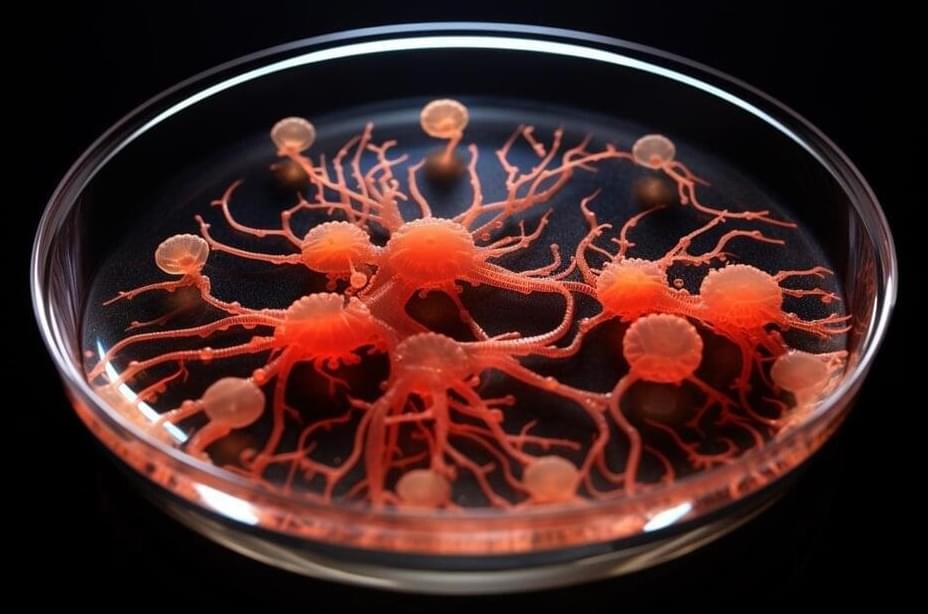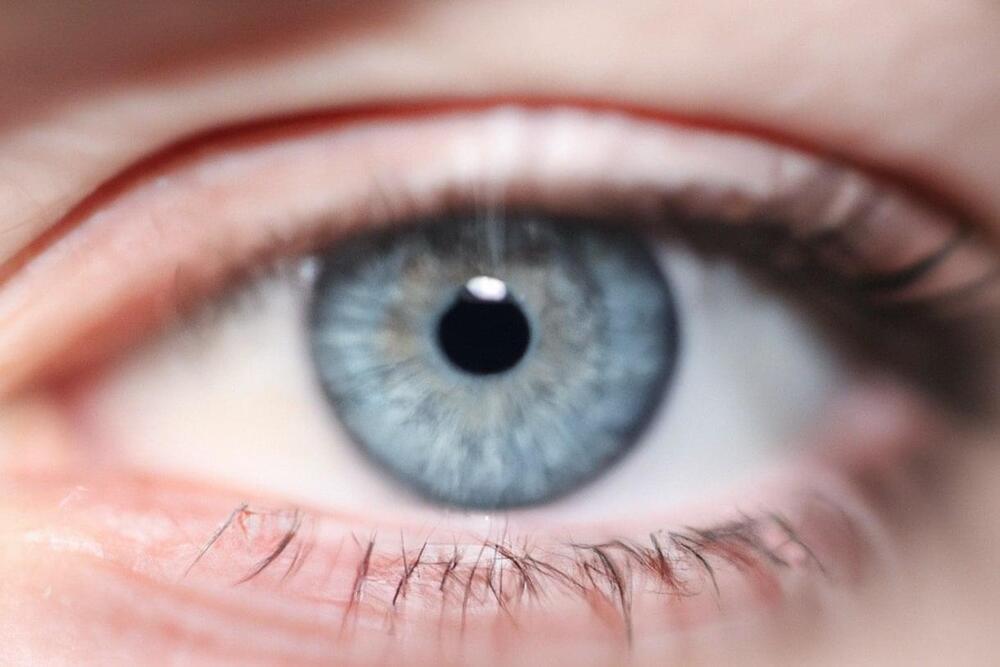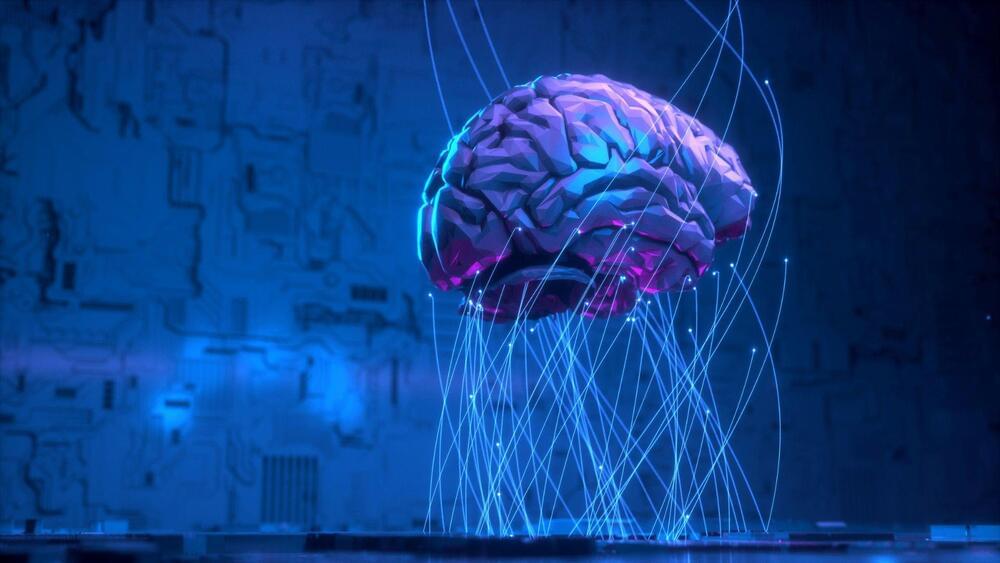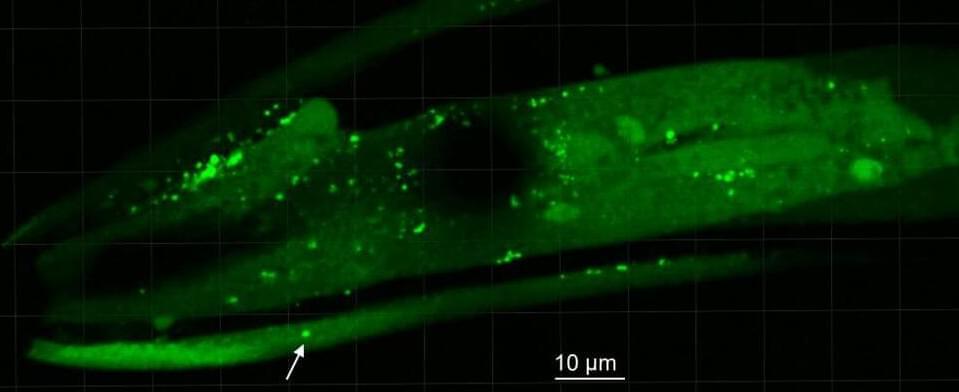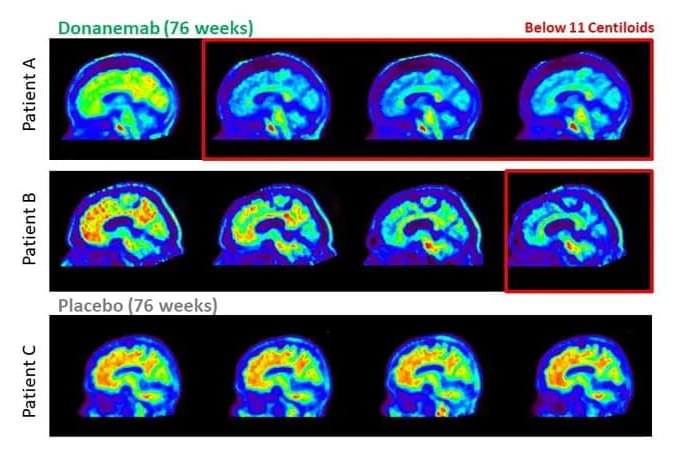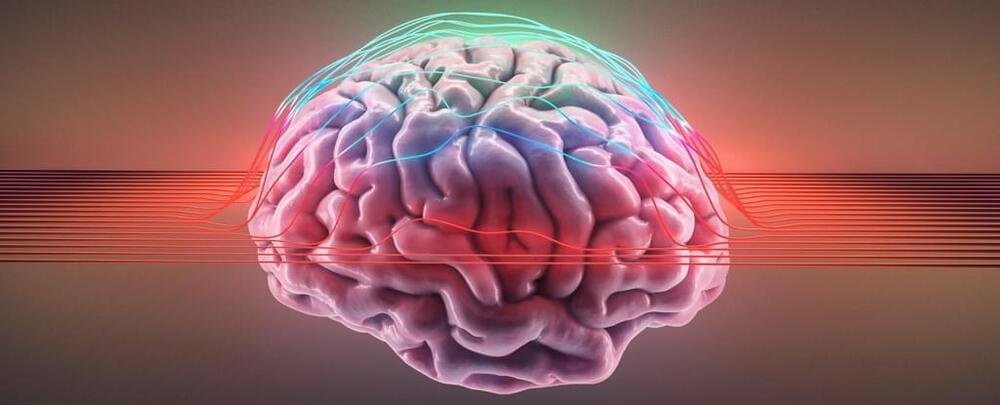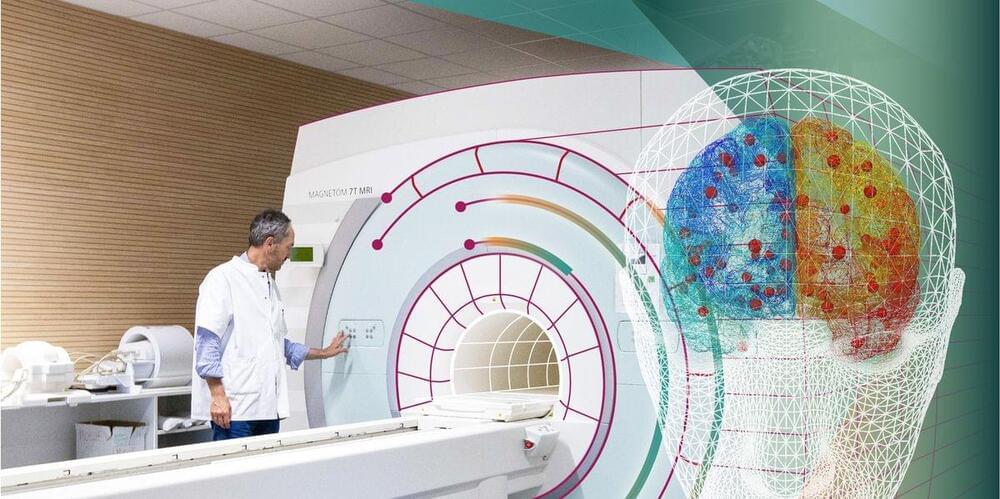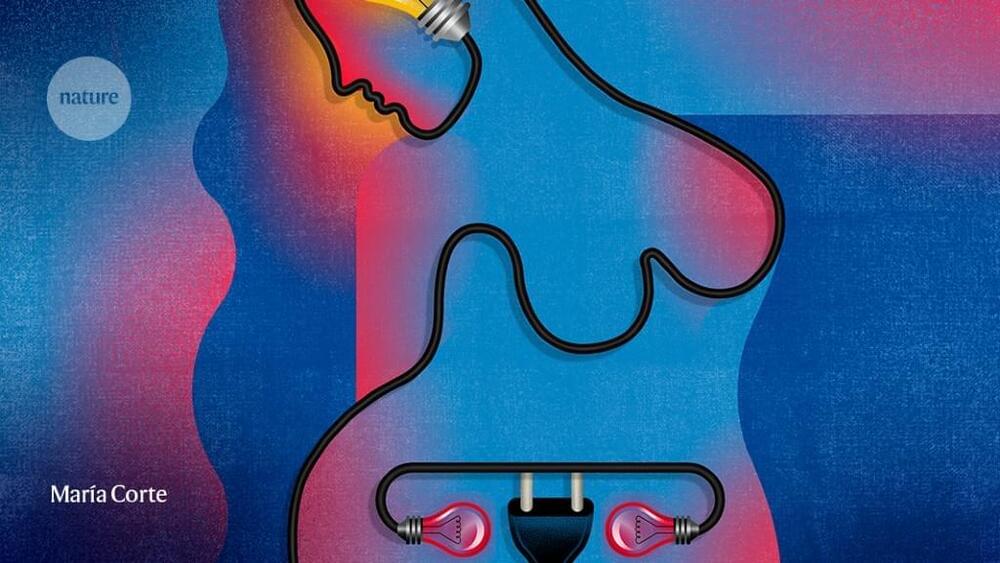May 10, 2023
Tiny Human Brain Tissue Organoids Can’t Be Legally Considered “a Person”
Posted by Genevieve Klien in categories: biotech/medical, law, neuroscience
Summary: Researchers proposed the need for a legal framework to guide the conversation on whether or not human brain organoids can be considered people.
Brain organoids are grown from stem cells in a lab, mimicking the growth and structure of real brains. However, they do not fulfill the requirements to be considered natural persons, according to the researchers.
The study explores the potential juridical personhood of human brain organoids, and whether they can be considered legal entities.
